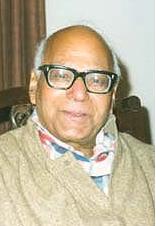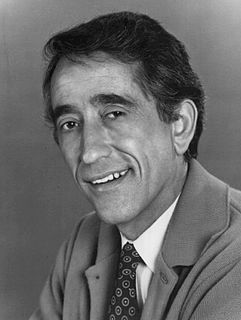A Quote by Donald Trump
On foreign affairs, we've already begun enormously productive talks with many foreign leaders, much of it you've covered, to move forward toward stability, security and peace in the most troubled regions of the world, which there are many.
Related Quotes
At present, the United States, with over 700 foreign military bases, navies in every ocean, a programme to militarise space, and drone bases planned for all regions of the world, is increasingly perceived in relation to its hard power diplomacy, a threat to political independence and stability for many countries.
Of all the joint ventures in which we might engage, the most productive, in my view, is educational exchange. I have always had great difficulty-since the initiation of the Fulbright scholarships in 1946-in trying to find the words that would persuasively explain that educational exchange is not merely one of those nice but marginal activities in which we engage in international affairs, but rather, from the standpoint of future world peace and order, probably the most important and potentially rewarding of our foreign-policy activities.
American press, like the press in many countries, acts like a cheerleader to our government rather than a critical observer. This is especially true, when it comes to foreign interventions. That means that when government leaders conclude that intervention in a foreign country is justified, the press rarely criticizes it. In fact, the press has been an enthusiastic cheerleader for many of our foreign interventions.
Another longstanding foreign policy flaw is the degree to which special interests dictate the way in which the "national interest" as a whole is defined and pursued.... America's important historic relationship with Israel has often led foreign policy decision-makers to defer reflexively to Israeli security assessments, and to replicate Israeli tactics, which, as the war in Lebanon last summer demonstrated, can turn out to be counter-productive.
Bill Clinton, who, to his credit, has established a clear and consistent foreign policy, which is as follows: Whenever the president of the United States gets anywhere near any foreign head of state, living or dead, he gives that leader a big old hug. This has proven to be an effective way to get foreign leaders to do what we want: Many heads of state are willing to sign any random document that President Clinton thrusts in front of them, without reading it, just so he will stop embracing them.
One of the most persistent ambiguities that we face is that everybody talks about peace as a goal. However, it does not take sharpest-eyed sophistication to discern that while everbody talks about peace, peace has become practically nobody's business among the power-wielders. Many men cry Peace! Peace! but they refuse to do the things that make for peace.
Perhaps civilization will never be safe until we care for something else more than we care for it. The hypothesis has certain facts to support it. As far as peace (which is one ingredient in our idea of civilization)is concerned, I think many would now agree that a foreign policy dominated by desire for peace is one of the many roads that lead to war.

































